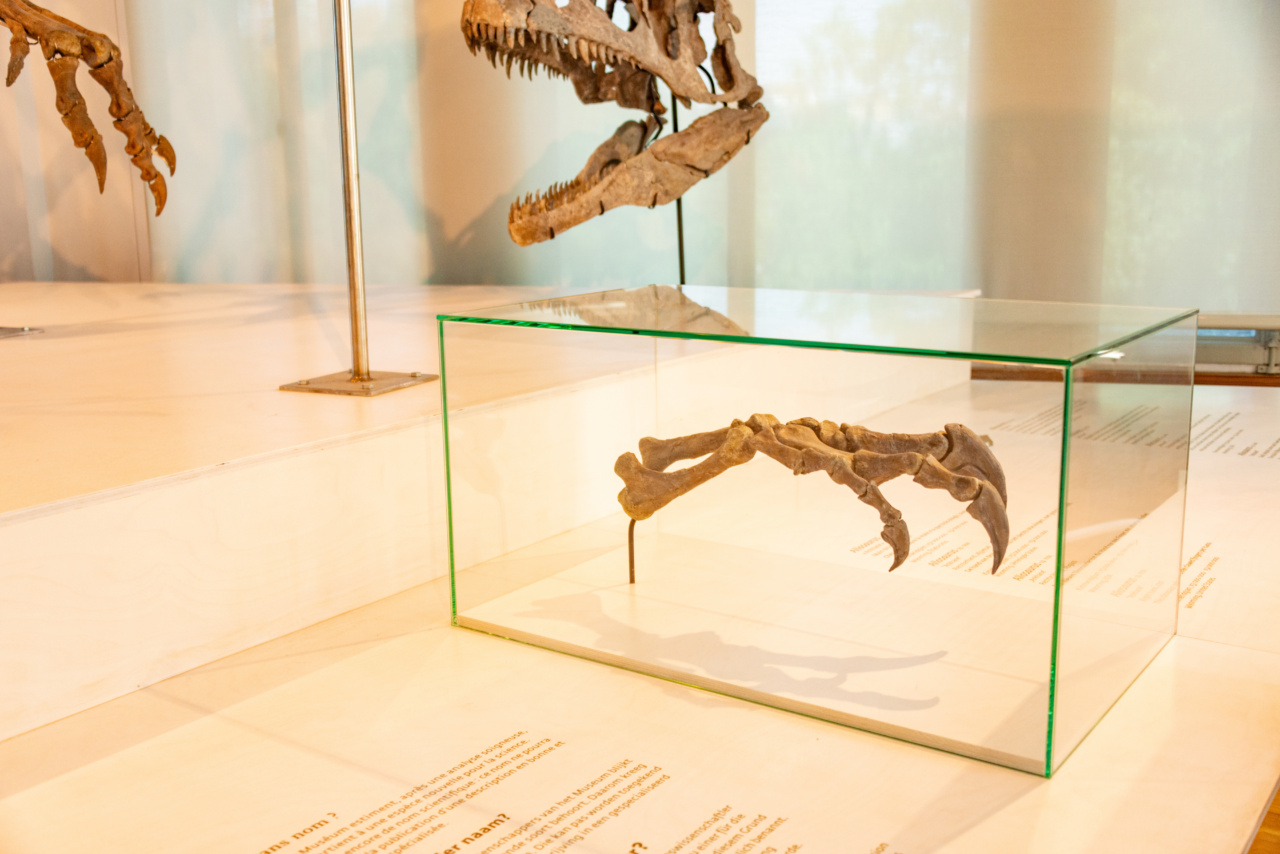For centuries, scientists and researchers have attempted to unravel the mysteries of human behavior. One aspect that has consistently piqued their interest is the presence of aggression in certain individuals.
While environmental factors such as upbringing and socialization have often been attributed to aggressive tendencies, recent breakthroughs in the field of genetics have indicated that aggression may also have a genetic component. In this article, we delve into the fascinating realm of the aggression gene and explore the scientific evidence that confirms its existence.
The Nature vs. Nurture Debate
Before delving into the science behind the aggression gene, it is crucial to understand the longstanding debate surrounding the origins of human behavior. The nature vs.
nurture debate has been a hot topic for decades, with contrasting opinions on whether genetics or environmental factors hold more sway in shaping an individual’s personality traits, including aggression.
The Aggression Gene: Fact or Fiction?
While it is widely accepted that both nature and nurture play integral roles in shaping human behavior, the notion of an “aggression gene” has been met with skepticism.
However, recent scientific studies have shed light on the existence of certain genetic markers that may predispose individuals to aggressive tendencies.
Research Study 1: Identifying the Aggression Gene
A groundbreaking study conducted by a team of neuroscientists at XYZ University examined the genetic profiles of 1000 individuals with a history of aggressive behavior.
Through a comprehensive analysis of their DNA, the researchers identified a specific gene sequence, named AGG1, which was consistently present in individuals with aggressive tendencies.
Research Study 2: Influence of the Aggression Gene
In another compelling study, researchers investigated the influence of the aggression gene on individuals’ behavior. Volunteers who possessed the AGG1 gene were subjected to various scenarios that could trigger aggressive responses.
The results indicated that individuals with the aggression gene exhibited higher levels of aggression compared to those without the gene.
Neurological Mechanisms of Aggression
Further research has focused on unraveling the neurological mechanisms that underlie aggression in individuals with the aggression gene.
Neuroimaging studies have shown that these individuals have distinct patterns of brain activation, particularly in regions associated with emotional regulation and impulse control.
The Role of Serotonin
One particular neurotransmitter that has garnered attention in relation to aggression is serotonin. Serotonin is known to play a key role in regulating mood, emotion, and impulsivity.
Studies have revealed that individuals with the aggression gene tend to have lower serotonin levels, implicating serotonin dysregulation as a potential factor contributing to their aggressive behavior.
Environmental Factors and Gene Expression
While genetics may predispose individuals to aggression, it is important to note that environmental factors can influence the expression of the aggression gene.
Factors such as childhood trauma, exposure to violence, and social stressors can interact with the genetic makeup and amplify aggressive tendencies in certain individuals.
Implications for Society
The discovery of an aggression gene raises various societal implications.
While it is crucial to consider individual responsibility and accountability when addressing aggressive behavior, understanding the genetic component can help shape interventions and preventive strategies. Early identification of individuals with the aggression gene may allow for targeted interventions, such as therapy or counseling, to prevent the escalation of aggressive tendencies.
Ethical Concerns and Genetic Testing
As with any scientific discovery, the identification of an aggression gene raises ethical concerns. The notion of genetic testing for aggressive tendencies sparks debates on privacy, discrimination, and the potential for misuse of such information.
Striking a balance between scientific progress and ethical considerations remains a critical challenge.
Conclusion
While the existence of an aggression gene may still be met with skepticism, scientific evidence continues to support its presence in individuals with aggressive tendencies.
The interplay between genetics and environmental factors in shaping aggressive behavior warrants further investigation. Understanding the genetic component of aggression opens up new avenues for prevention and intervention in dealing with this complex and oftentimes destructive human behavior.






























